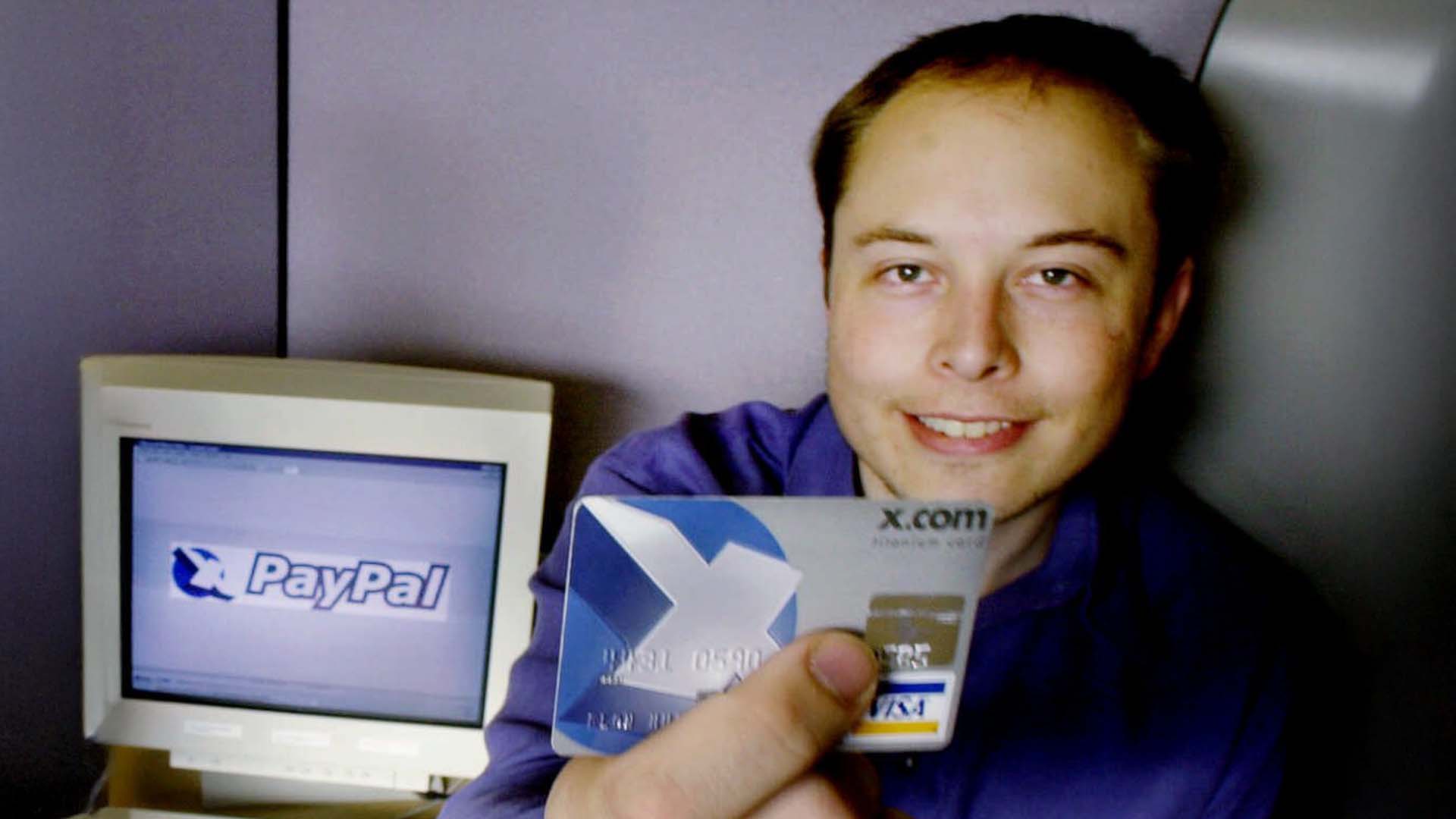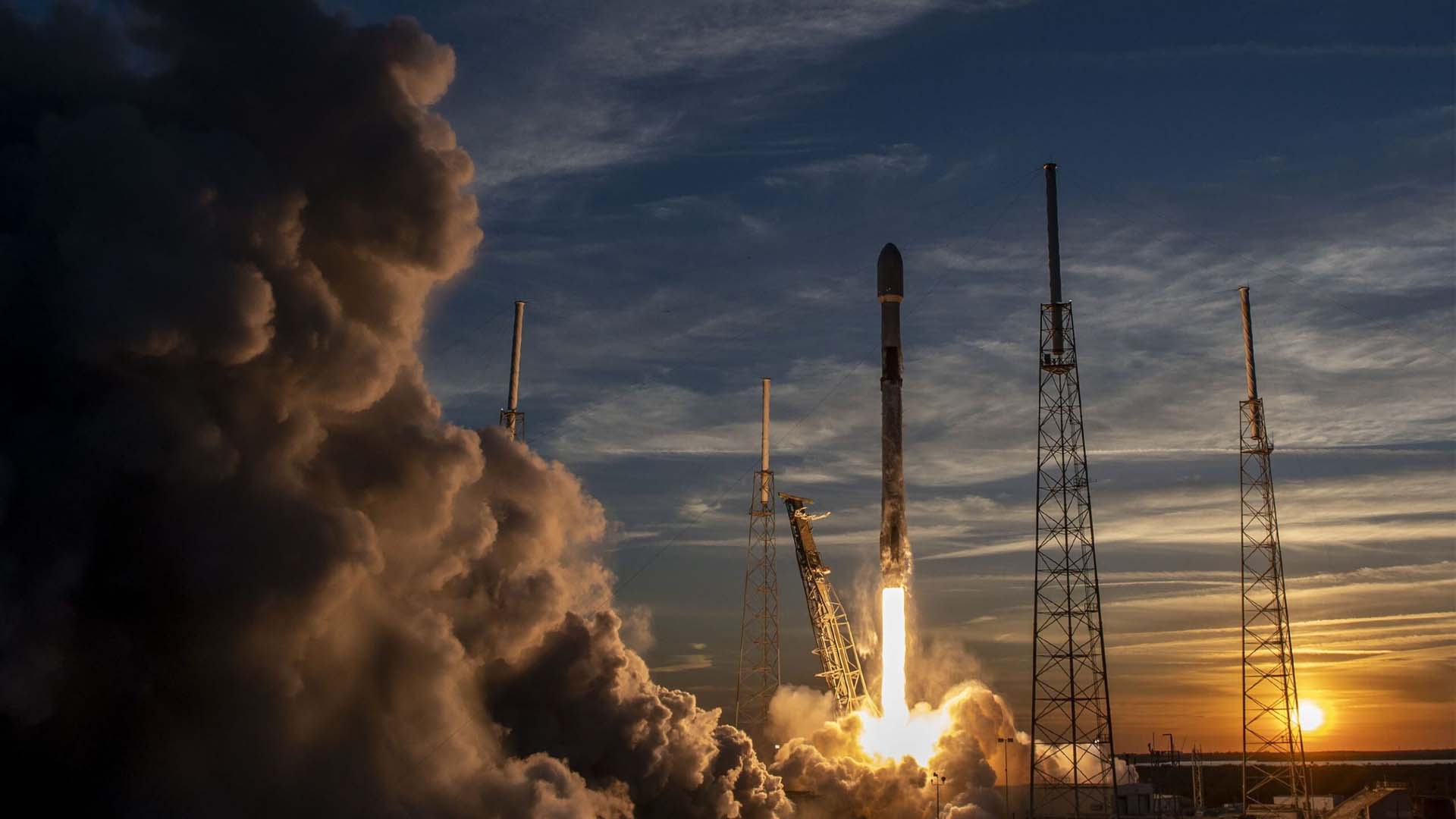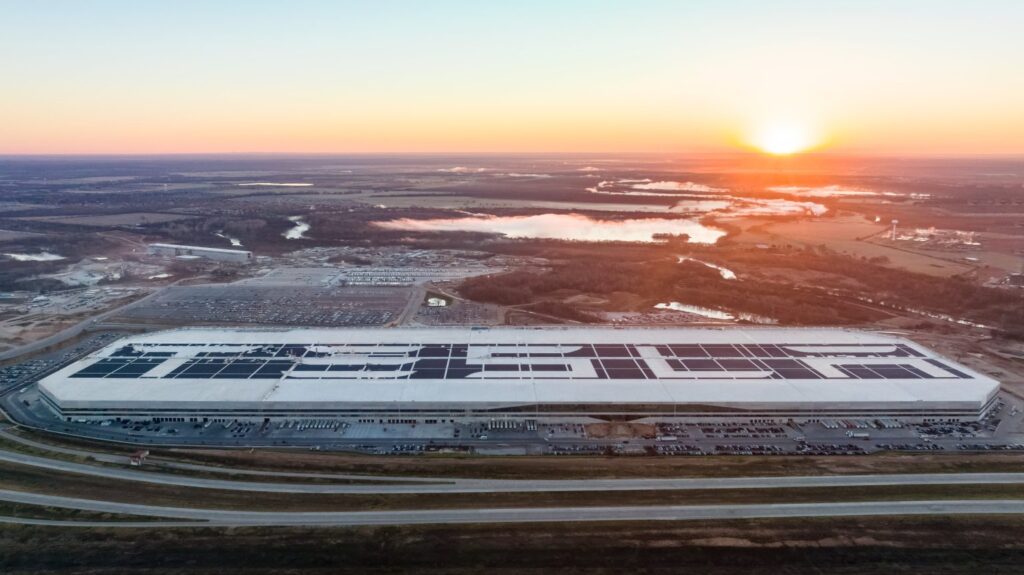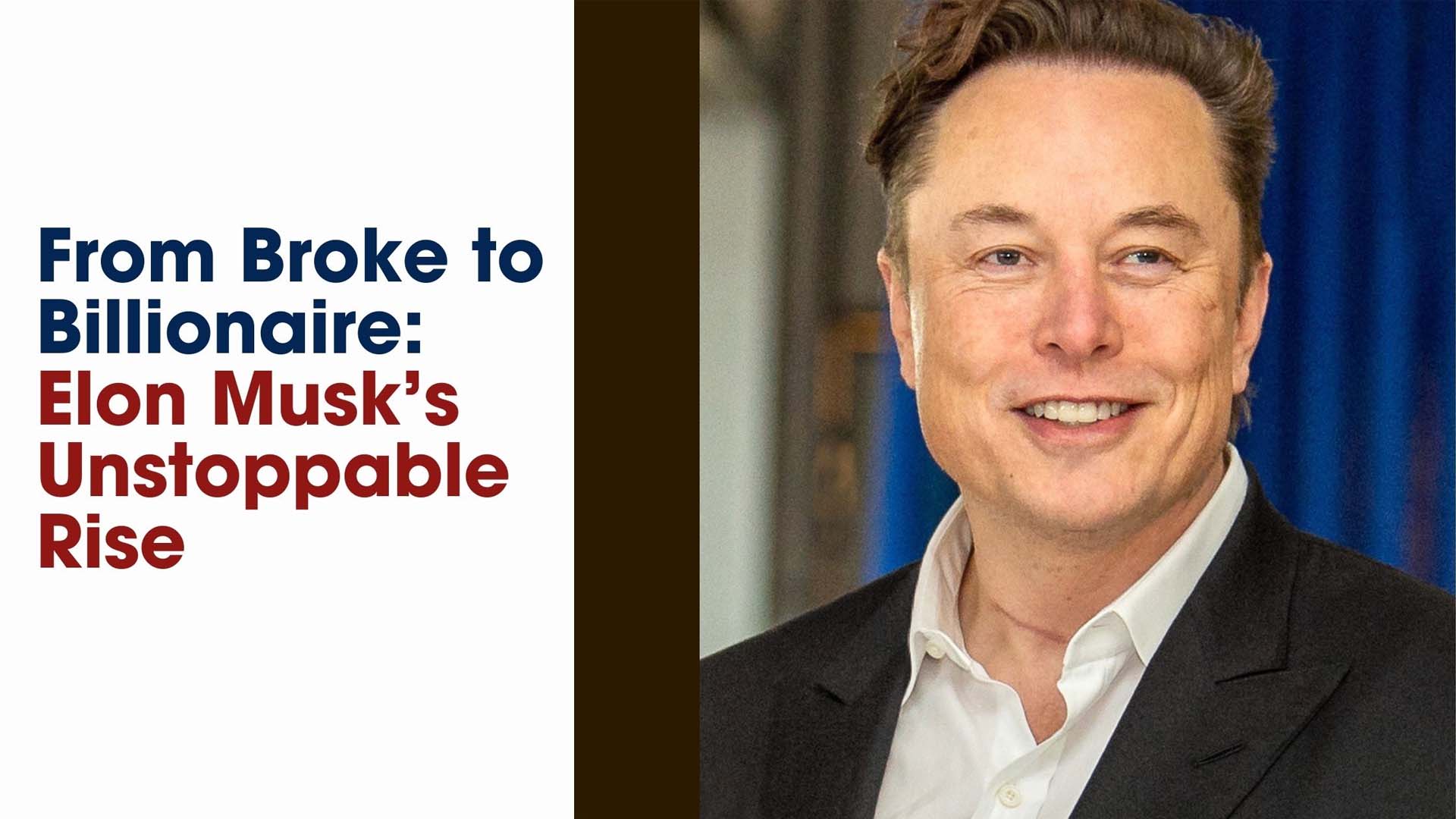In 2008, Elon Musk was sleeping on friends’ couches, juggling debt, and pouring his last dollars into two companies many thought would fail Tesla and SpaceX. Today, he is worth over $220 billion and leads multiple companies shaping the future of transportation, space travel, and artificial intelligence.
His story is more than a tale of wealth. It’s a blueprint for visionary risk-taking, an example of how resilience, timing, and calculated obsession can turn financial collapse into generational wealth.
Early Roots of an Unlikely Empire
Childhood in South Africa
Born in Pretoria in 1971, Musk’s early life was marked by curiosity and isolation. He taught himself programming at age 12, selling his first game for $500. This early mix of independence and resourcefulness foreshadowed his entrepreneurial instinct.

Immigration and the First Ventures
At 17, Musk moved to Canada with $2,000, seeking bigger opportunities. After studying at Queen’s University and transferring to the University of Pennsylvania, he left a PhD program at Stanford after just two days to pursue the internet boom.
His first major venture, Zip2, sold to Compaq for $307 million in 1999, earning Musk $22 million. He immediately reinvested in X.com, an online banking service that became PayPal, which sold to eBay in 2002 for $1.5 billion. Musk’s share: $180 million.

The Crash Before the Climb
The 2008 Financial Cliff
By 2008, Musk had poured his PayPal fortune into two unprofitable ventures SpaceX and Tesla both bleeding cash. He faced personal bankruptcy, borrowing from friends to pay rent. SpaceX had failed its first three launches, and Tesla was weeks from running out of money.
The Turning Point
In December 2008, two miracles arrived:
- SpaceX’s fourth launch succeeded, securing a $1.6 billion NASA contract.
- Tesla landed emergency investment, allowing it to survive the financial crisis.
These deals kept Musk afloat but barely. He had risked everything, and it finally started to pay off.

Building the Multi-Trillion-Dollar Vision
SpaceX’s Relentless Ascent
SpaceX has cut launch costs by more than 70%, dominating the commercial space market and launching over 100 rockets annually. Starlink, its satellite internet division, is on track to become a multi-billion-dollar revenue engine.
Tesla’s Market Domination
Tesla went from producing a few thousand Roadsters to delivering 1.8 million cars in 2023. In 2020, Tesla became the most valuable automaker in history, fueling Musk’s net worth surge.
Beyond Cars and Rockets
- Neuralink: Brain-computer interface technology.
- The Boring Company: Urban transport tunnels.
- X (formerly Twitter): Musk’s latest social and cultural experiment.
Each venture fits his philosophy: tackle existential problems, scale globally, and keep ownership stakes high.

Wealth, Power, and Controversy
Musk’s fortune is tied largely to Tesla stock, making him both vulnerable to market swings and capable of enormous gains. His brash tweets, regulatory battles, and unconventional leadership style have drawn criticism, yet also deepened his cult-like following.
In 2021, he briefly became the richest person in history, a title he has traded with Bernard Arnault and Jeff Bezos since.
Lessons for Entrepreneurs
Bet Big on Yourself
Musk repeatedly reinvested his wealth into his own ventures, refusing to diversify early.
Embrace Calculated Risk
His “all-in” approach nearly destroyed him in 2008, but also gave him the leverage to dominate industries.
Own the Narrative
Musk’s use of social media has turned him into both a global celebrity and an influencer over billion-dollar markets.
Conclusion
Elon Musk’s journey from broke to billionaire is a story of vision amplified by risk, where the lows were as extreme as the highs. It’s proof that the path to transformative success often runs through near-total failure.
And perhaps that’s the ultimate takeaway, if you want to change the world, be prepared to bet everything on the future you believe in.
FAQ
Q1: Was Elon Musk ever actually broke?
Yes. In 2008, Musk had almost no liquid cash and lived off personal loans from friends while keeping Tesla and SpaceX alive.
Q2: How much of his wealth is from Tesla?
Over 70% of Musk’s net worth is tied to Tesla’s stock and options.
Q3: Did Musk create Tesla?
No. Tesla was founded by Martin Eberhard and Marc Tarpenning. Musk joined as lead investor in 2004 and became CEO in 2008.
Q4: What’s Musk’s biggest source of income now?
His Tesla holdings remain his largest wealth driver, though SpaceX is becoming increasingly valuable.






